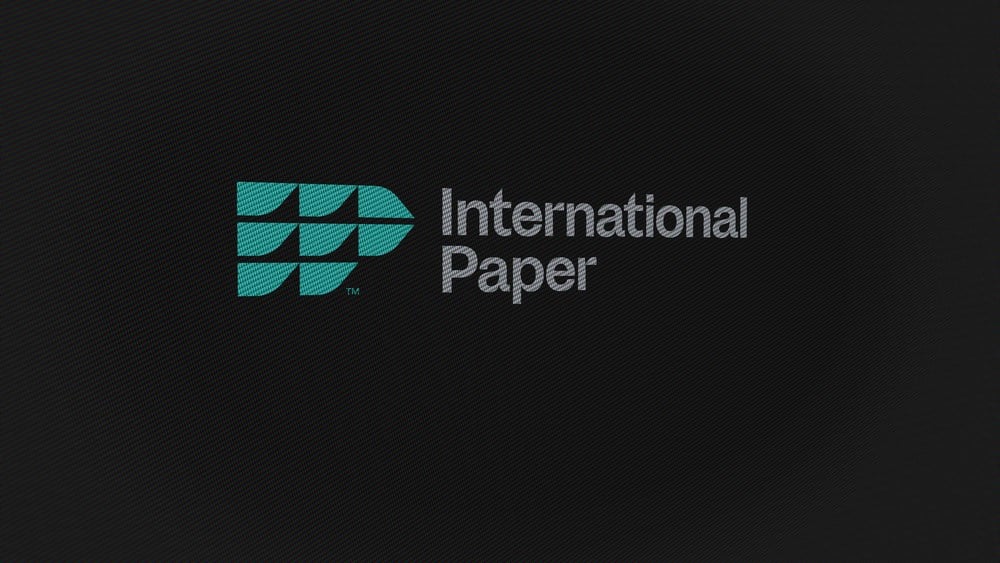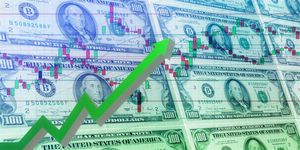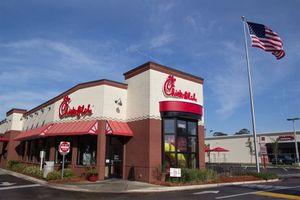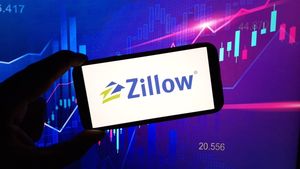
Since riding the pandemic global e-commerce boom, International Paper Company (NYSE: IP) has been beaten to a pulp. With demand lower and costs higher, shares of the packaging products specialist fell as much as 53% from their 2021 peak this summer. Ahead of the all-important holiday shopping season, however, International Paper is starting to perk up.
Although economic uncertainty continues to swirl, a cyclical upswing in profits may lie ahead for the Memphis-based company. This is drawing attention to the S&P 500 mainstay — and driving significant outperformance. In the third quarter of 2023, the S&P was down 3.7%. IP was up 11.5%. At least for now, it appears the so-called ‘smart’ institutional money is getting it right.
In Q2, hedge funds increased their ownership in International Paper to more than 11.6 million shares. The 31% jump from Q1 was a bold statement on a normally ho-hum large cap name — but made perfect sense. IP’s dividend yield climbed above 6% in May 2023 for the first time since the Covid crash. Greenhaven Associates, for one, saw it as an opportunity to load up. It made the stock a nearly 4% position in a fund that has gained 37% over the last 12 months. Hotchkis & Wiley Capital Management topped off its nearly $69 million stake.
The good news for retail investors is that IP’s dividend is still high and its valuation low.
What Is International Paper’s Dividend Yield?
International Paper paid a $0.4625 per share quarterly dividend on September 15th. This equates to a $1.85 per share annual dividend and a forward yield of approximately 5.2%. It is a cash payout that’s well above the materials sector average and the second highest among S&P 500 packaging peers. Dividend Aristocrat Amcor PLC currently offers a 5.4% yield.
For International Paper, the next question becomes: is the dividend sustainable? Based on analysts’ earnings projections, the forward payout ratio is 88%. Anything above 50% is considered potentially unsustainable, so this is definitely on the high side. It also leaves little room for dividend growth. In 2021, the company paid $2.00 per share in dividends, but tougher macro conditions forced it to pare back. The dividend is now lower and carries significant risk, but 5.2% is a nice cash stream — and above the current 10-year Treasury payout.
More importantly, the 125-year-old company isn’t going out of business anytime soon. Last month, International Paper opened its newest packaging plant in Atglen, Pennsylvania. The modern $100 million facility will make corrugated packaging for food and beverage customers as well as e-commerce. It is the exposure to the defensive food and beverage industry that helps offset the online shopping cyclicality — and makes the higher-risk dividend easier to ‘digest.’
Is International Paper Stock Undervalued?
The business of producing cardboard boxes and other packaging is less than glamorous. Nevertheless, International Paper plays a key role in the global logistics ecosystem. Last year, the company hauled in over $21 billion in revenue from its global operations. This represented 9% growth from a strong 2021 and far outpaced 2% U.S. economic growth.
Like other commodity businesses, International Paper’s financial results come down to production and pricing. Corrugated paper prices have come down from peak October 2022 levels but are historically high. A price recovery combined with moderating input cost inflation could drive improved profitability heading into next year.
Wall Street’s 2024 earnings per share (EPS) is $2.20, but estimates vary dramatically. The most bullish is $3.45 and the most bearish is $1.45. Taking the consensus figure, International Paper trades at 16x next year’s earnings. This is in line with the stock’s five-year average and suggests it is fairly valued. Compared to its closest peers, however, the stock looks undervalued. Packaging Corp. of America and Avery Dennison both have 2024 P/E ratios of 19x.
Regardless of what valuation label you put on, IP offers value at around $35 a share. Paper and shipping products will be in demand for years to come because people need to eat and drink (not to mention shop online). The stock’s steady growth profile and high dividend yield make it a ‘package deal’ for long-term value investors.





